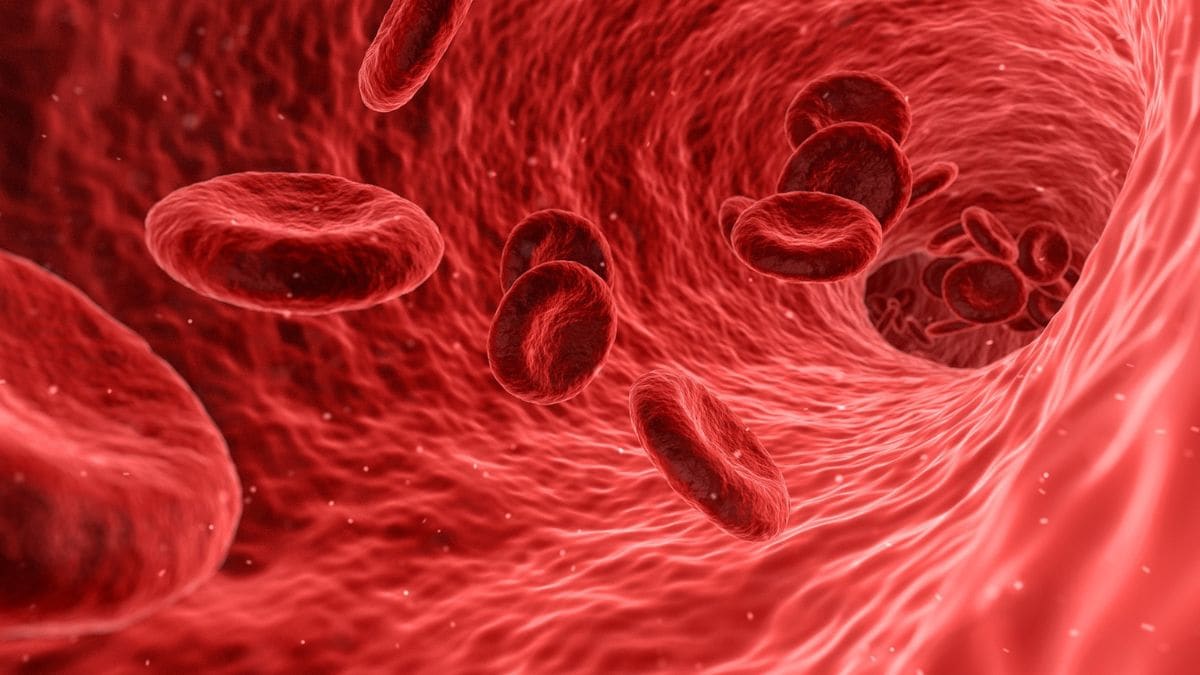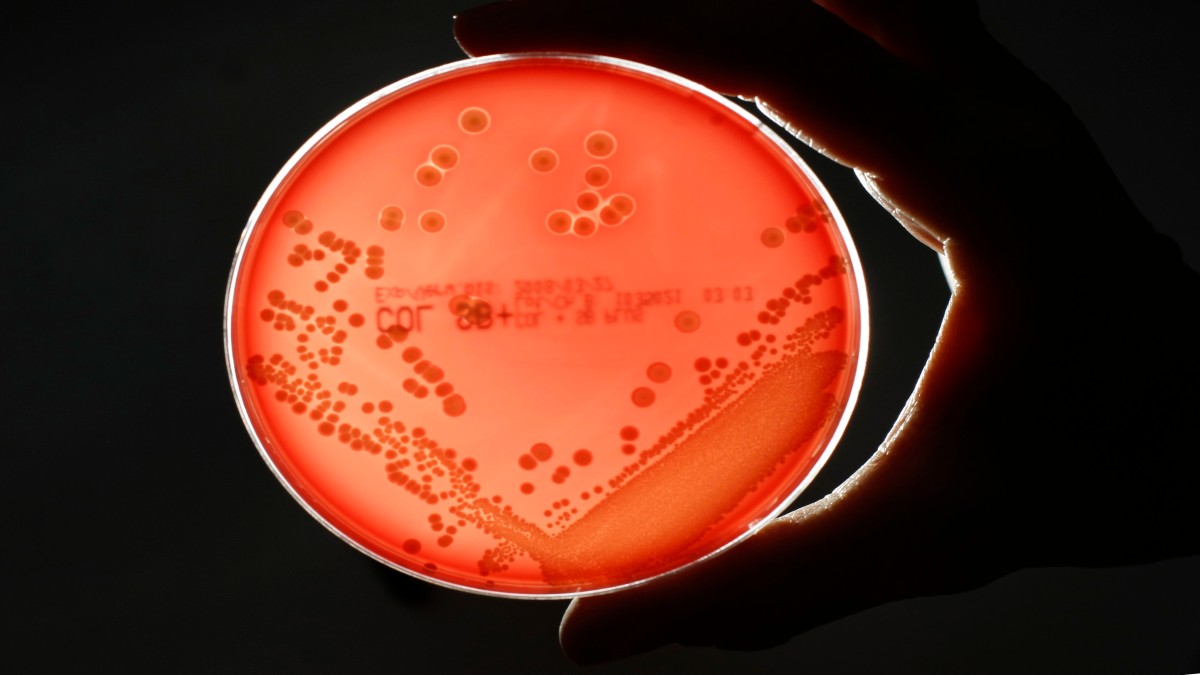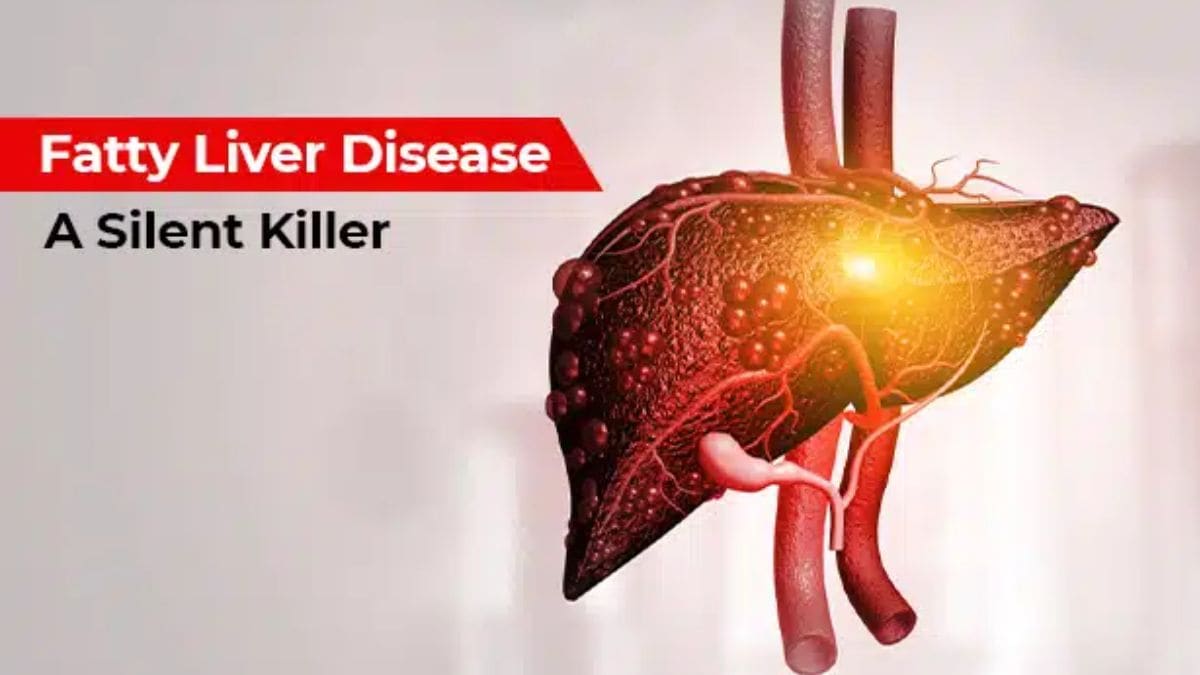A comprehensive study gives a compelling argument to moderate your consumption of ultra-processed foods: the risk of early death. Research involving 115,000 people revealed a correlation between high consumption of ultra-processed foods, particularly processed meats, sugary breakfast items, and beverages containing sugar or artificial sweeteners, and an increased likelihood of early mortality read more
)
High levels of ultra-processed foods have been linked with early death, brain issues. Image used for representational purposes/Pixabay
A recent large-scale study, published in the BMJ journal, highlights a compelling reason to reconsider your consumption of ultra-processed foods — the risk of early death. Examining data from 115,000 individuals, the research underscores the dangers associated with excessive intake of ultra-processed foods, particularly items like processed meats, sugary breakfast foods, and sugar-laden beverages.
Ultra-processed foods constitute a wide spectrum of items, ranging from cookies and doughnuts to hot dogs and frozen meals.
These products share a commonality: they’re comprised of industrial ingredients designed to hit a “bliss point,” compelling consumers to overindulge. Moreover, they typically lack essential nutrients like fiber, vitamins, and minerals.
Key findings of the study
The study unearthed several critical findings:
Mortality Risk: Upon analysing the consumption of ultra-processed foods, researchers observed that individuals who consumed the highest quantities, averaging seven servings or more per day, faced a slightly elevated risk of early mortality compared to those with lower consumption levels.
Brain Health: The study highlighted a concerning trend regarding brain health, revealing that individuals with a high intake of ultra-processed foods were 8 per cent more likely to succumb to neurodegenerative diseases such as multiple sclerosis, dementia, and Parkinson’s disease. However, no significant increase in mortality risk was observed for cancer or cardiovascular diseases.
Impact of Specific Foods: Certain ultra-processed foods were notably linked to adverse health outcomes. These included processed meats, white bread, sugary cereals, highly processed breakfast items, potato chips, sugary snacks, sweetened beverages, and artificially sweetened drinks like diet soda.
Study limitations and considerations:
The researchers emphasised the tentative nature of their findings, stressing that the study established associations rather than causation. They acknowledged that individuals with high consumption of ultra-processed foods often exhibit other unhealthy habits, such as lower intake of fruits, vegetables, and whole grains, increased likelihood of smoking, and decreased physical activity.
While these factors were considered in the analysis, other variables may have influenced the outcomes as well.
What is the risk associated with high ultra-processed diets?
Previous research has highlighted the detrimental effects of ultra-processed foods on health, including weight gain and an increased risk of various conditions such as cancer, diabetes, heart disease, obesity, anxiety, depression, and dementia.
Also Read | Ditch the Elevator: How stair climbing can help you live longer
The study encompassed two distinct cohorts: approximately 75,000 registered nurses monitored from 1984 to 2018, and roughly 40,000 male doctors and health professionals tracked from 1986 to 2018.
Over the study period, participants in both groups were periodically surveyed about their health status and lifestyle practices every two years. Additionally, they provided comprehensive dietary information every four years, offering valuable insights into their food consumption patterns.
Are some processed foods better than others?
The latest findings endorse the notion that not all ultra-processed foods are equal, with some, like whole-grain bread, deemed potentially beneficial for health. This assertion was echoed in an editorial accompanying the study in the BMJ.
Furthermore, several nations have enacted public health initiatives aimed at enhancing dietary habits. Measures such as prohibiting the use of trans fats by companies, implementing warning labels on sugary junk foods, and imposing restrictions on the marketing of unhealthy products to children have been adopted to promote healthier eating practices.
Also Read: Less sugar, more millets, pulses, some meat: What the ideal Indian diet should look like
The authors of the BMJ editorial, Kathryn E. Bradbury and Sally Mackay, two nutrition experts at the University of Auckland, said these and other public health interventions should be adopted more widely.
“Our global food system is dominated by packaged foods that often have a poor nutritional profile,” they wrote. “This system largely serves the goals of multinational food companies, which formulate food products from cheap raw materials into marketable, palatable, and shelf stable food products for profit.”
What are Ultra-Processed Foods?
To categorise foods based on their processing methods, researchers have developed the Nova system, reported NYT, which sorts foods into four categories:
Unprocessed or Minimally Processed Foods: This category includes fresh or frozen fruits and vegetables, beans, lentils, meat, poultry, fish, eggs, milk, plain yogurt, rice, pasta, cornmeal, flour, coffee, tea, herbs, and spices.
Processed Culinary Ingredients: These are ingredients typically used in cooking, such as cooking oils, butter, sugar, honey, vinegar, and salt.
Processed Foods: This category comprises foods created by combining items from Category 1 with ingredients from Category 2 and preserving or modifying them through relatively simple methods like canning, bottling, fermentation, and baking. Examples include freshly baked bread, most cheeses, canned vegetables, beans, and fish. While these foods may contain preservatives to extend shelf life, they are not as heavily processed as items in the next category.
Ultra-Processed Foods: These are products manufactured using industrial methods and ingredients not commonly found in standard grocery stores. They often contain additives like high-fructose corn syrup, hydrogenated oils, and concentrated proteins such as soy isolate. These additives, along with flavourings, colorings, and emulsifiers, enhance their palatability and appearance. Ultra-processed foods include sodas, energy drinks, chips, candies, flavoured yogurts, margarine, chicken nuggets, hot dogs, sausages, lunch meats, boxed macaroni and cheese, infant formulas, most packaged breads, plant milks, meat substitutes, and breakfast cereals.
Also Read: How olive oil can help lower the risk of dementia-related deaths
With inputs from agencies

 4 months ago
12
4 months ago
12


















)
)
)
)
)
)
)
 English (US) ·
English (US) ·